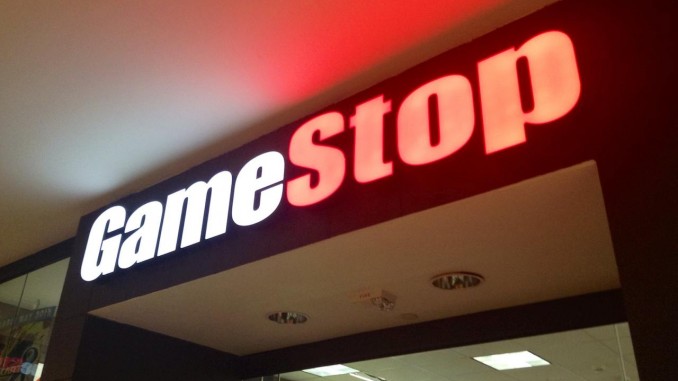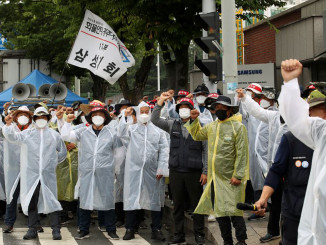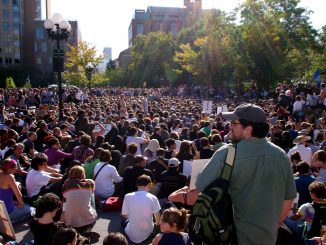
If you’ve been following the trends in the financial markets lately, you’ve probably heard about a small mall-based video game retailer, GameStop. As with many store-based retailers during the pandemic, when shopping moved online, they began to lose business, and this sent the value of their stock crashing down.
Some large hedge funds (multi-billion dollar investment banks) saw this as an opportunity to make money by what is called “shorting” the stock. A short is basically a bet that a stock price will go down. To short a stock, investors borrow shares from the owners of the stock, sell them at one price, and wait to buy them back at a lower price before giving them back to the lender. The difference in the price from when the short-seller first sold them and when they bought them back is their profit. For example, if someone were to sell a short at $10 and then buy it back at $8 dollars before returning it, they would walk away with a $2 dollar profit. But if the stock price doesn’t go down, but instead goes up in that period before buying it back and returning it, then they would owe (or lose) the exact amount that the price increased. And if the price goes up extremely fast, they could lose a lot of money, and would be forced to buy the stock quickly before it went up even further. With GameStop, the large hedge funds believed it would go down so much that they borrowed even more stock than actually existed — yes, this too is allowed.
But what might have been a normal hedge fund short sell was completely disrupted by some smaller individual investors — “retail investors” as they are called. It began with a group of people on an internet forum on Reddit called “WallStreetBets.” They saw the falling stock price of GameStop and knew that many hedge funds and big investors were shorting the stock — and saw the possibility to make some money. If they could get enough people to start buying enough stock, the value of the stock price could start to go up, and this would force the hedge funds to quickly buy back their shares before it went up too high, and this would in fact push the stock price even higher because so many shares would be sold at higher prices, encouraging even more people to buy the stock. If they could buy enough of the stock, they thought its price might “rocket to the moon.” And this is exactly what started to happen!
But as some retail investors were making money, some larger investment firms started to lose big. In January alone, some hedge funds and investment firms lost an estimated $20 billion because the stock price went up, not down. These losses by hedge funds quickly triggered another response from many of the financial companies that people were trading the stock on. These companies all of a sudden put limits on the buying and selling of the stock, as well as limits on other stocks that were skyrocketing in price for similar reasons (AMC Theaters, Bed Bath and Beyond and a few others). One of the trading companies in particular, Robinhood, was pressured by the clearinghouse they relied on to make their trades. A clearinghouse is an intermediary company that guarantees and finalizes stock trades, ensuring that both the buyer and the seller honor their agreements. The clearinghouse behind Robinhood increased the deposit requirements to amounts that Robinhood could no longer afford, which further restricted the trading of GameStop.
This had an enormous impact on the smaller, non-professional retail investors, who often put just a few extra dollars in the market to try to make some quick profits. The stock price quickly started going down again as many people could no longer buy the stock and keep the price stable or going up. Many of the people who used Robinhood to invest could still sell their stock, but not buy any, and they were not given a clear explanation why.
If this limit to buying had not happened, then the price of the stock would have gone even higher. But in the end, these hedge funds with the billions of dollars they have at their disposal were able to pull some strings and restrict the trading of the stock and the bring the price down again. And while there were a few hedge funds that lost some money due to this, there were also those that made a lot of money by selling some of their stock at the high prices. And many other hedge funds were able to make a lot of money buying short when the stock price was high because they knew it would come down again. And it was the smallest investors who lost the most — there are many stories of people who risked all of their savings just as the prices started to go up, only to have it stopped by these hedge funds that worked to send it back down again.
This is just another example of how the whole system works to protect the super-rich at the expense of everybody else. Many of the smaller investors associated with the “WallStreetBets” forum talked about how they wanted to “stick it” to these huge investment firms that always get away with manipulating the stock market to their advantage. But if we really want to stick to these firms and the whole corrupt system they stand behind, it’s not going to be by playing their own game.




